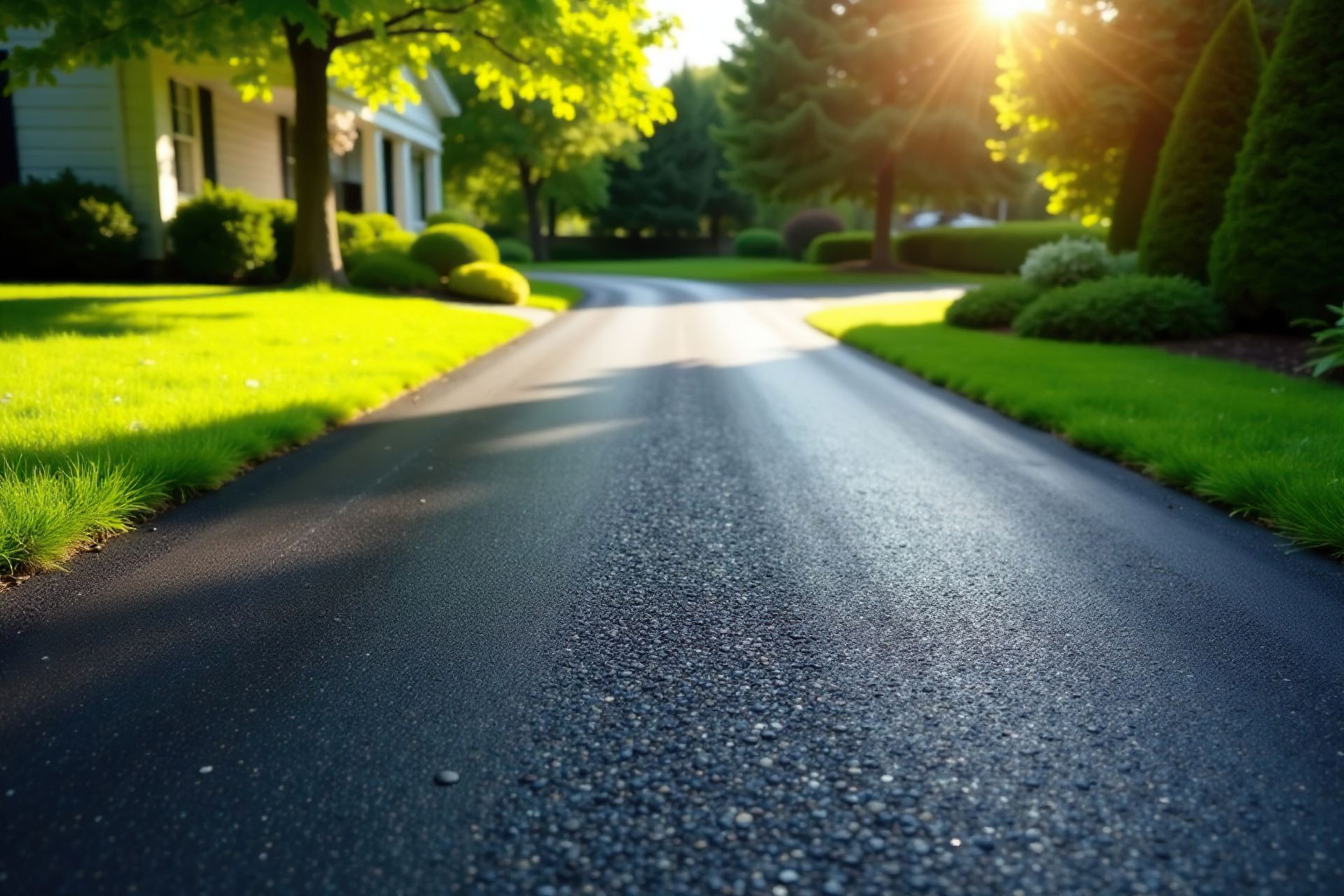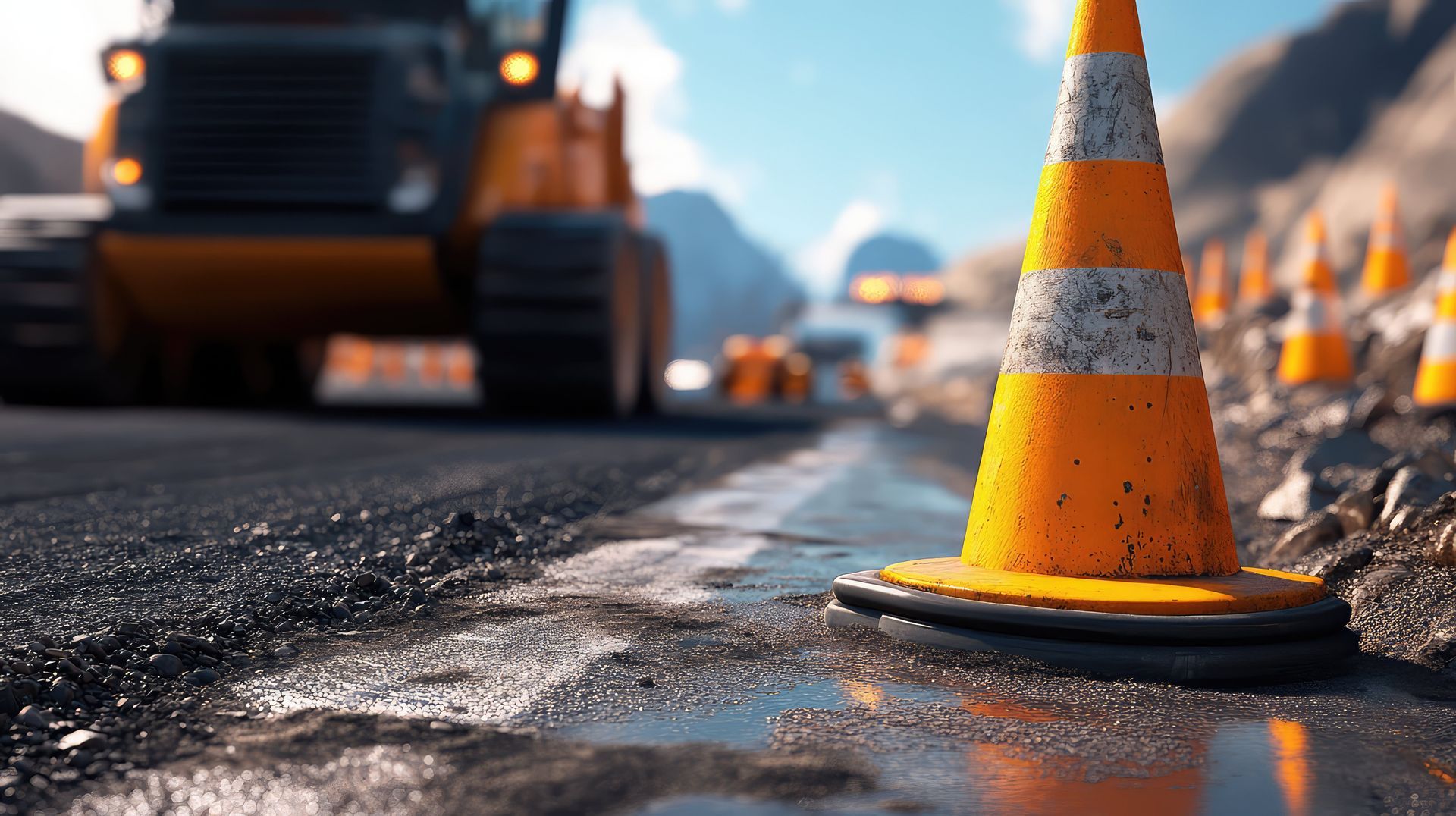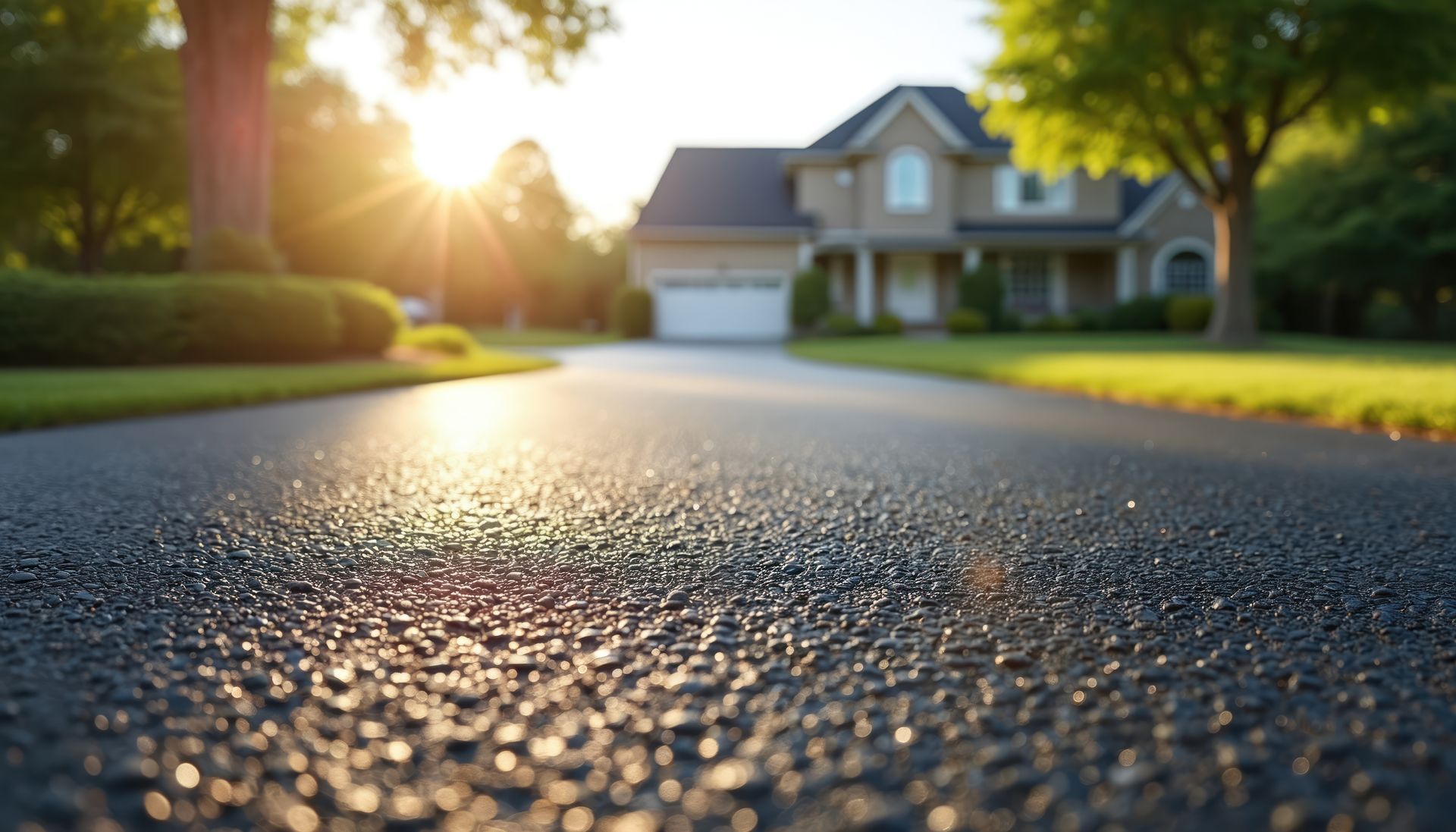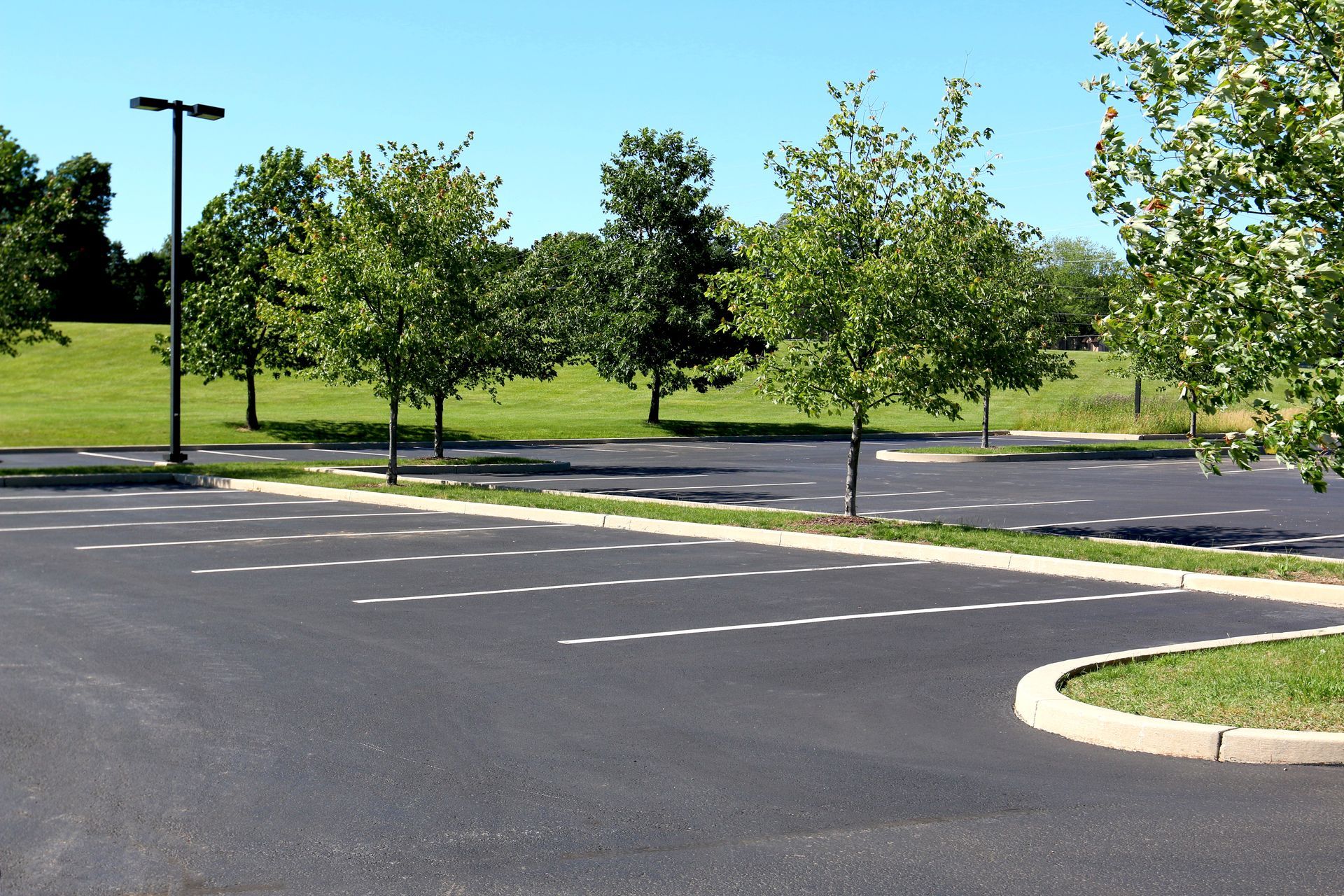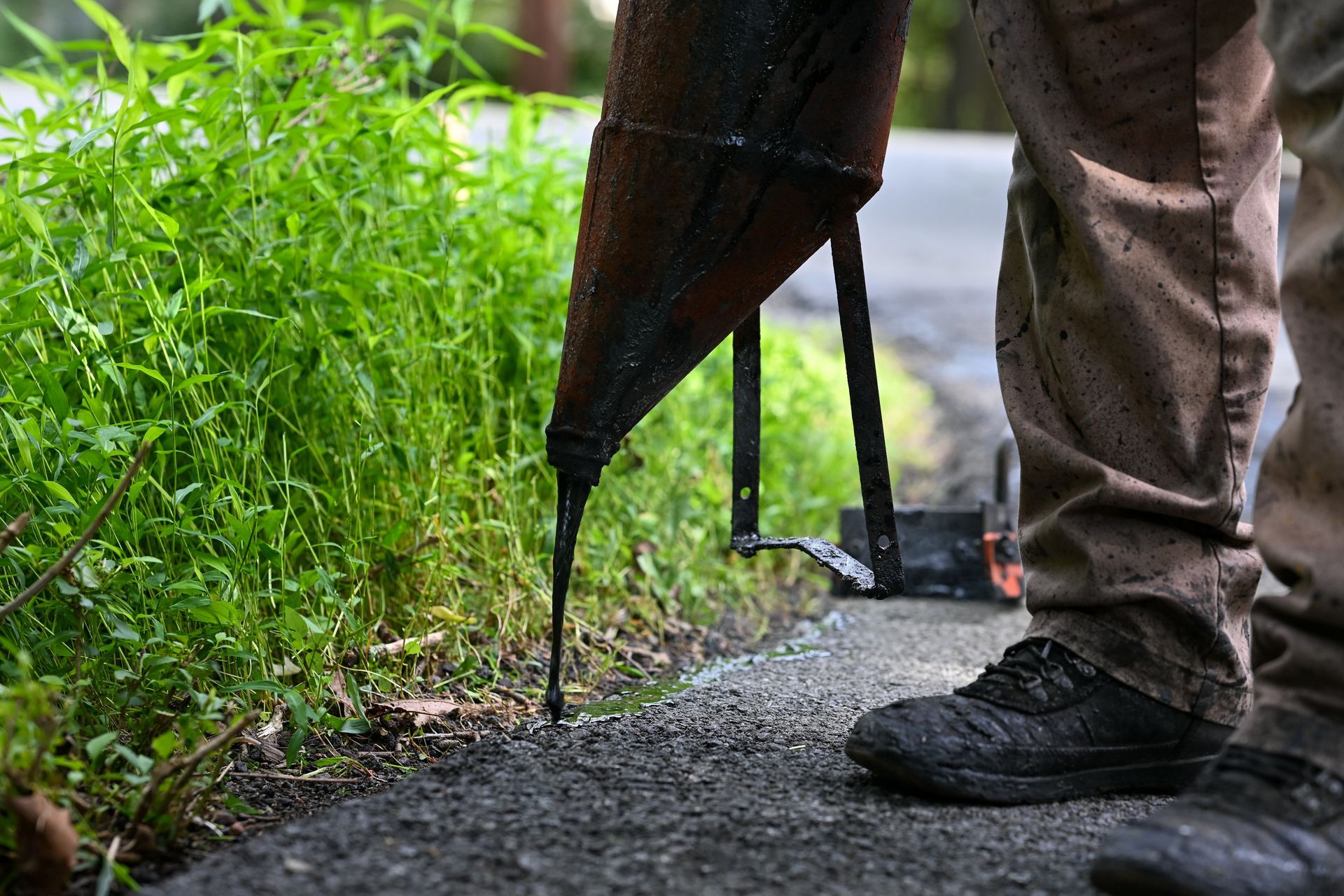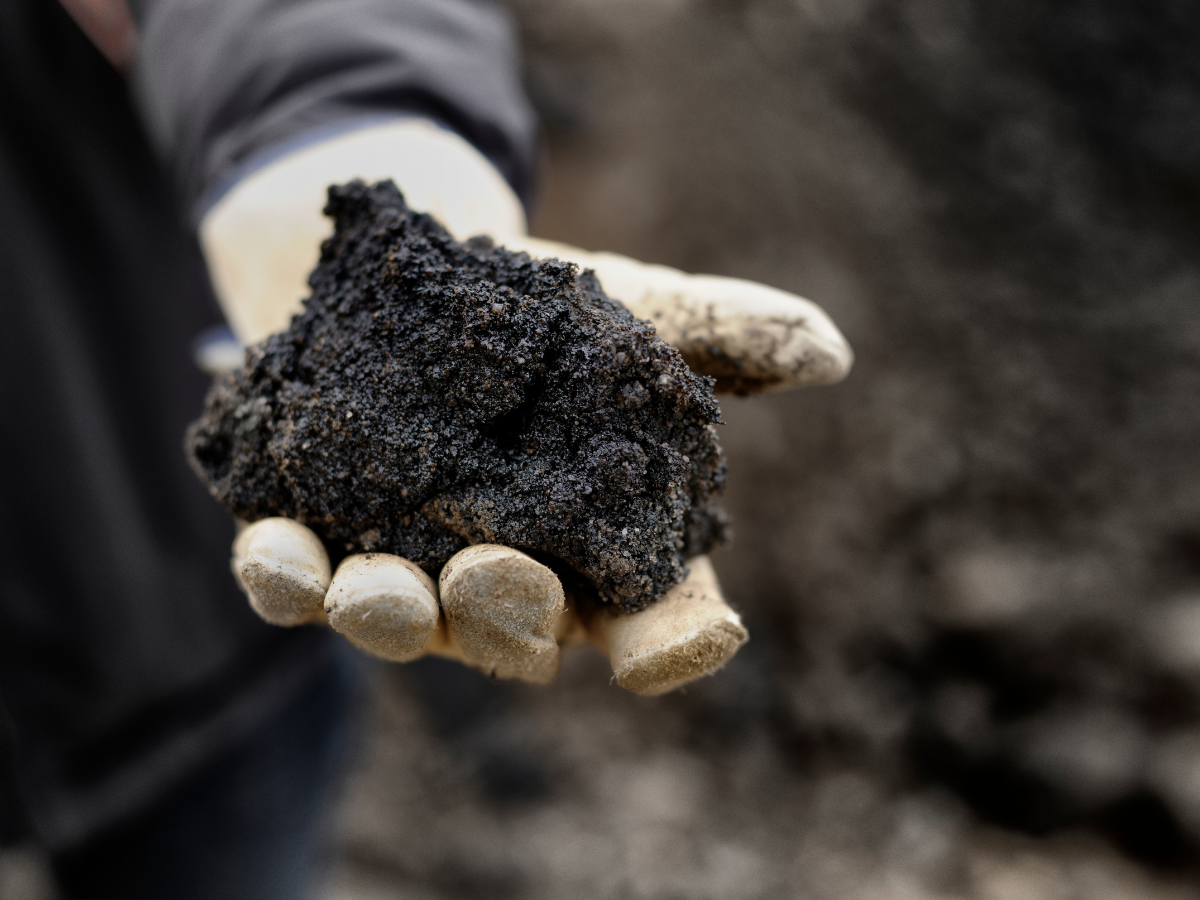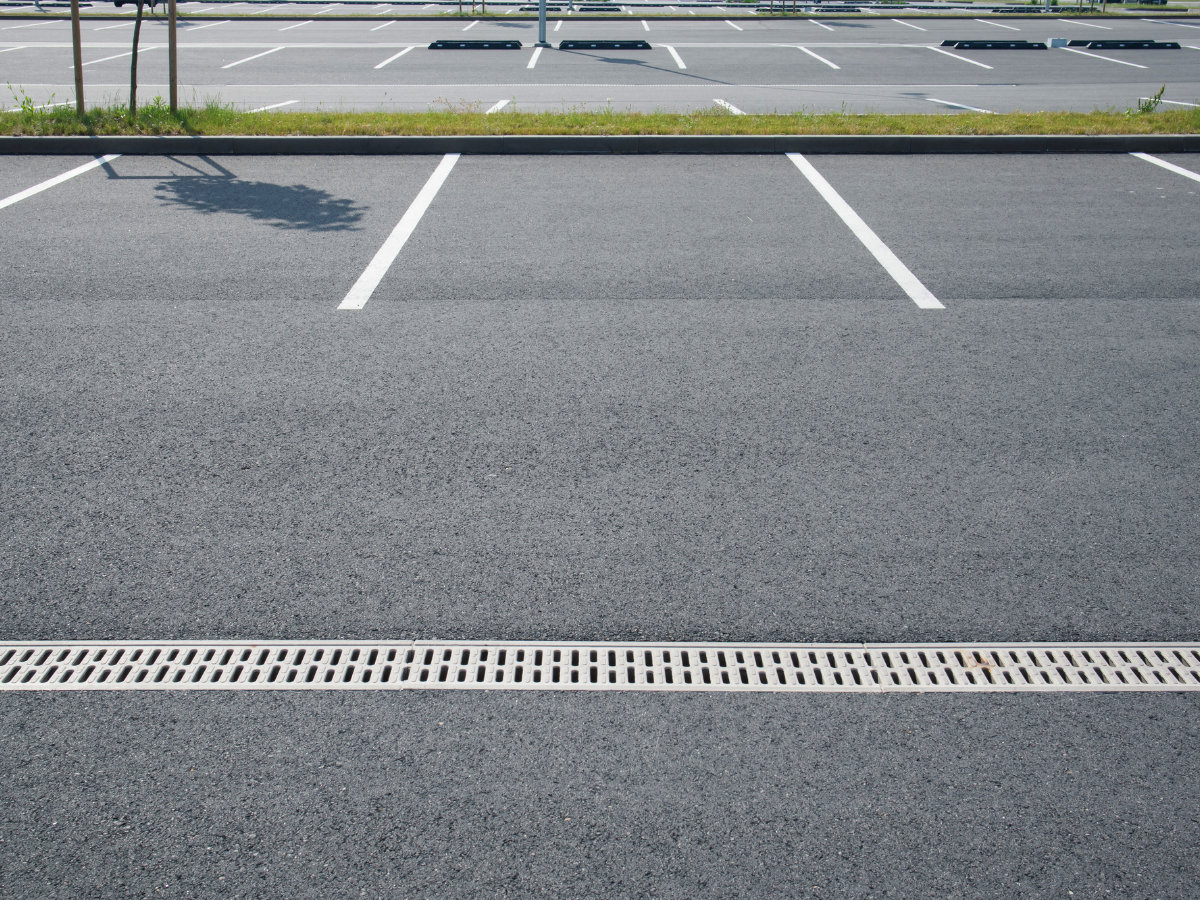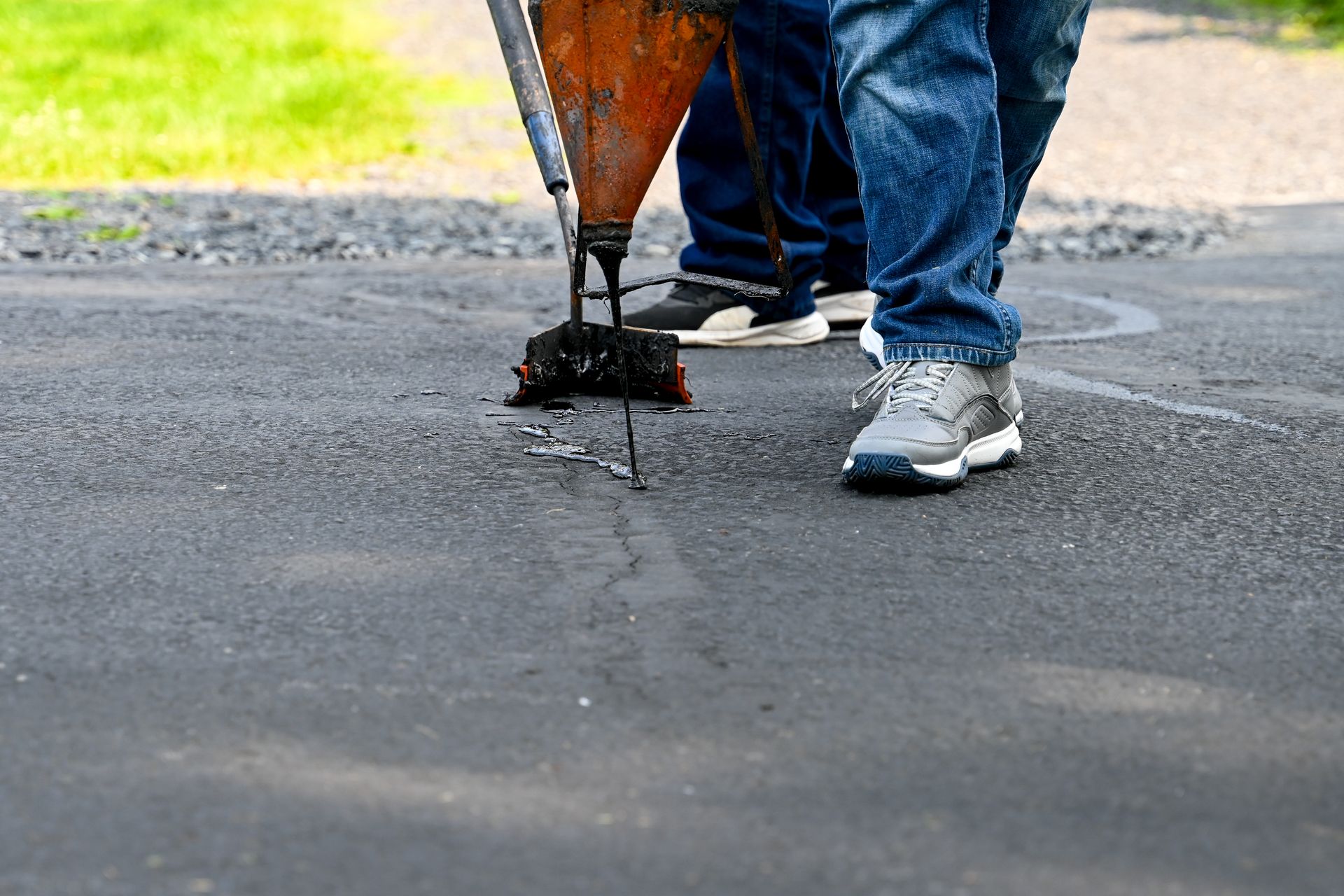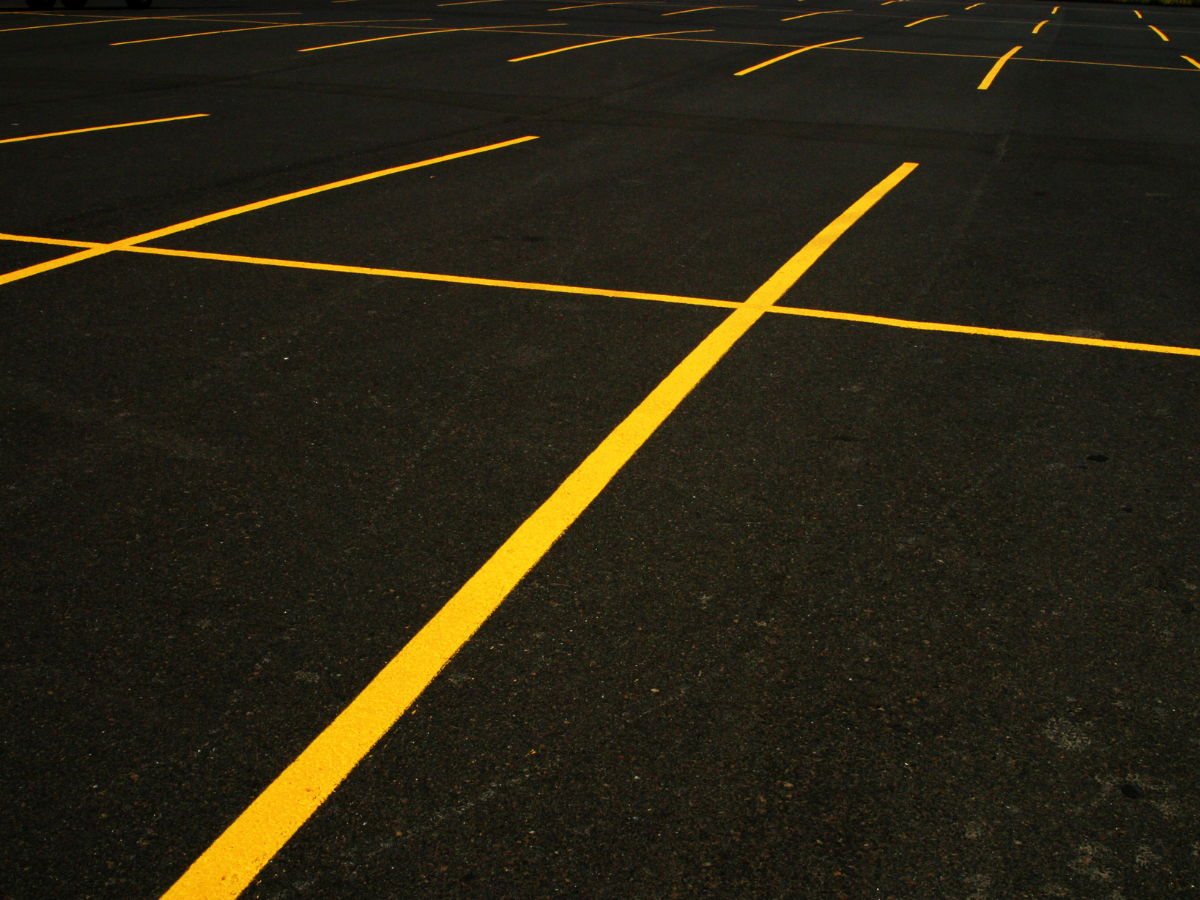What Are the Signs That Your Driveway Needs Sealcoating?
A well-maintained driveway not only enhances the curb appeal of your property but also plays a crucial role in preserving the structural integrity of your asphalt. One of the most effective ways to protect your driveway is through sealcoating, which helps shield it from the elements and keeps it looking fresh. However, knowing when to sealcoat your driveway is just as important as the service itself. In this article, we’ll explore the key signs that indicate your driveway may be in need of sealcoating.
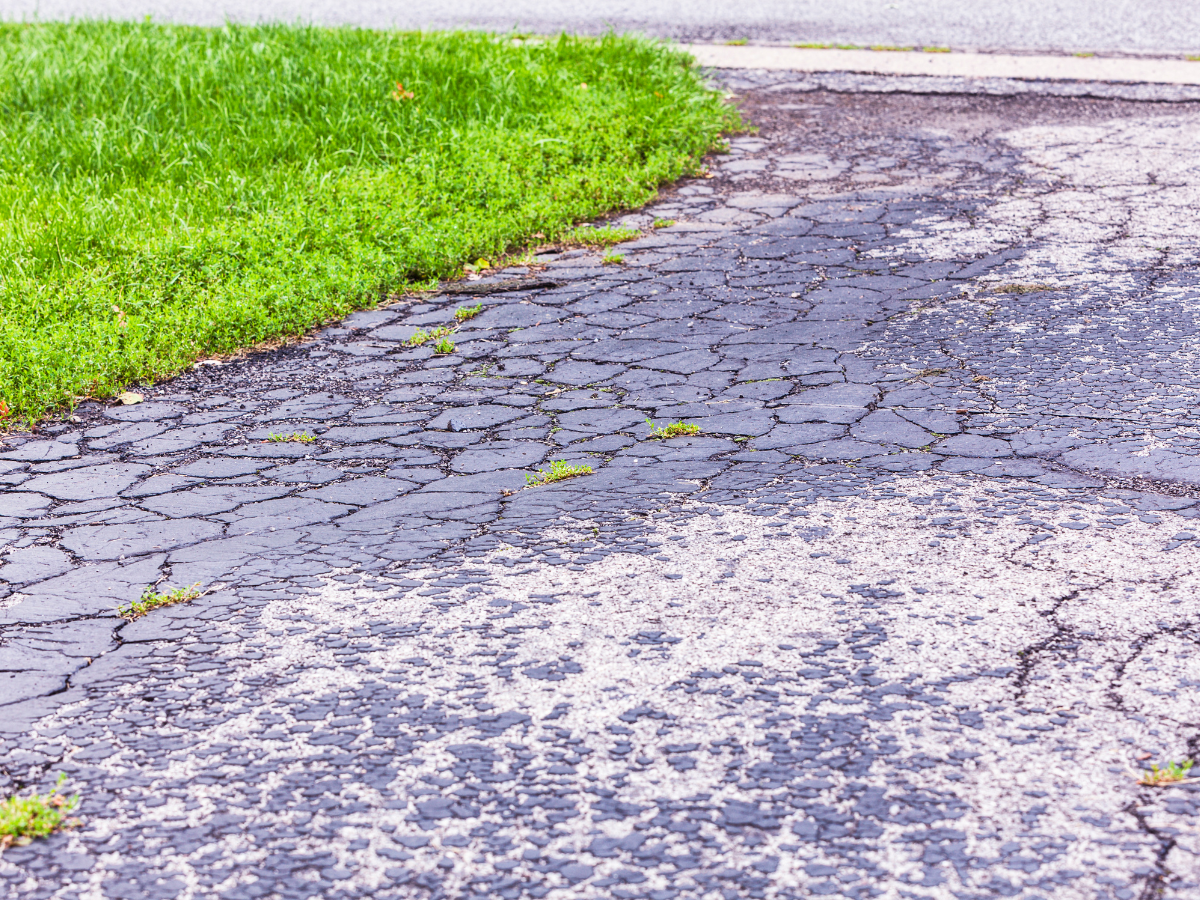
1. Cracks Are Starting to Appear
Cracks are one of the most common signs that your driveway needs attention. Over time, temperature fluctuations, UV exposure, and the weight of vehicles can cause small fissures to appear in the surface. While minor cracks may seem like an inconvenience, they can quickly become more serious if not addressed.
Sealcoating fills in these cracks, preventing them from expanding further and protecting your driveway from water infiltration, which can lead to more severe damage. Cracked driveways that are left untreated can lead to further deterioration, making early sealcoating crucial.
2. Faded or Discolored Asphalt
If you’ve noticed that your driveway has started to lose its vibrant black color, this could be a sign that it’s losing its protective oils. The sun's UV rays can cause asphalt to oxidize, resulting in a dull, grayish appearance. Not only does this affect the visual appeal of your driveway, but it also means the surface is becoming more vulnerable to weather damage and wear.
A fresh layer of sealcoating can restore your driveway's rich black color and protect it from further UV damage. This not only improves the aesthetic of your driveway but also helps maintain its strength and durability.
3. Water Pooling on the Surface
Water pooling on your driveway can be an indication that the surface has started to lose its ability to shed water properly. Over time, asphalt can become uneven due to settling or wear, causing water to accumulate rather than draining off. This can lead to water penetration, which is one of the primary causes of potholes and cracks.
Sealcoating helps fill in minor depressions, restoring the smoothness of the surface and improving drainage. A well-sealed driveway will allow water to flow off the surface more efficiently, reducing the risk of future damage.
4. Visible Stains and Oil Spots
If you notice dark oil stains or other spots from chemicals like gasoline or oil, it's a sign that the surface is being compromised. These stains can quickly eat away at the asphalt, making your driveway more susceptible to cracking and further damage.
Sealcoating acts as a protective layer against oil spills and other stains, preventing them from penetrating the surface and causing damage. It makes it easier to clean stains off your driveway, keeping it looking fresh and well-maintained for longer.
5. Potholes and Depressions
Potholes and depressions are more severe signs that your driveway needs repair. If left untreated, these issues can lead to further cracking, water damage, and even structural failure of the driveway. While potholes require immediate repair, sealcoating should follow the repairs to prevent additional erosion.
By filling in cracks and reinforcing the surface with sealcoating, you can help protect the area from future damage. This will ensure your driveway remains strong and functional for years to come.
6. The Driveway Hasn’t Been Sealed in a While
Even if your driveway appears to be in good shape, regular sealcoating every two to three years is essential, especially in areas with harsh weather conditions. Without this preventative measure, your driveway will slowly begin to degrade due to exposure to the elements.
If your driveway hasn’t been sealed in the past two years, it’s time to consider scheduling a service. Regular sealcoating helps protect the surface from moisture, UV rays, and other damaging elements, ensuring that your driveway remains durable and aesthetically pleasing.
Conclusion
Your driveway is exposed to a lot of wear and tear from the elements, vehicle traffic, and chemicals, which is why regular maintenance is essential. Sealcoating is an effective way to prolong the life of your asphalt driveway by protecting it from cracks, stains, UV damage, and water infiltration. If you’ve noticed any of the signs discussed above, it’s time to consider having your driveway sealed.
NextGen Great Sealcoating specializes in high-quality sealcoating services designed to protect your driveway from the elements. Whether you're dealing with minor cracks or simply want to refresh the look of your driveway, we’re here to help you get the job done right.

